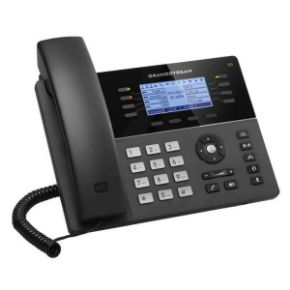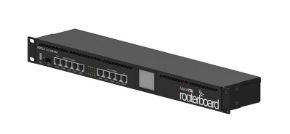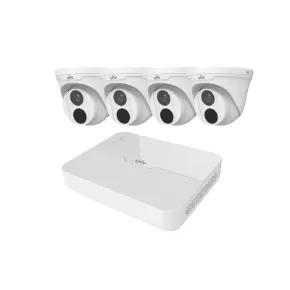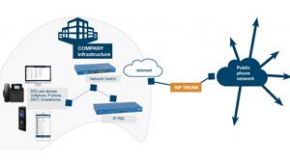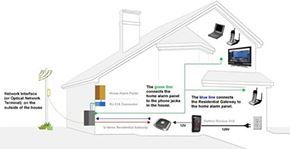SIP is the internet standard for real time voice and video communication. SIP (Session Initiation Protocol) was developed by the IETF and published as RFC 3261.
SIP is an internet protocol for live communications used in setting up and tearing down voice or video calls. It is a signaling protocol used to create, modify, and terminate sessions with one or more participants in an IP network. A session can be a straightforward two-way phone call or it can be a multi-media conference session with many persons participating. SIP has made possible an array of services that seemed unthinkable just a few years ago: internet conferencing, IP telephony, instant messaging, presence, voice and video communication, data collaboration, online gaming, application sharing, and much more.
SIP is doing for real-time communications what HTTP did for the web and SMTP for email. It is the main driver in the acceleration of the IP Telephony revolution. With SIP Telephony, a viable alternative to traditional PBX has emerged. SIP telephone systems deliver features that enhance users’ mobility and productivity, while securing substantial cost-saving advantages. This is making proprietary hardware based PBXs obsolete.
Some of the most common questions about SIP are answered in this SIP FAQ.
- What is T38 fax?
- What is a STUN Server?
- What is RTP – Real Time Transport Protocol?
- Check Out These VoIP Blogs and VoIP Links
- What is a PBX Phone System?
- Can you List all Known SIP Responses?
- What are SIP Phones?
- What is Voice over IP?
- VoIP-Defined
- IP PBX, SIP & VoIP FAQ
- What is an Auto-attendant?
- What are the Benefits of an IP PBX VoIP Phone System?
- What is FOIP – Fax over IP?
- What is ECHO Cancellation?
- What is a Good Source of VoIP Info?
- What Does ENUM Mean?
- IP PBX: How an IP PBX / VoIP Phone System Works
- Example of SIP Call Session Between 2 Phones
- VoIP Gateway Information – Learn About VoIP Gateways
- VoIP Definitions
- What Different Types of CODECS are There?
- What SIP-based IP PBX’s are Available?
- What Do the Terms FXS and FXO Mean?
- What is a SIP-URI?
- What is IVR / Interactive Voice Response?
- What is SDP – Session Description Protocol?
- What is a SIP Server?
- Sip Phones / VoIP Phones Types
- What is SIP – Session Initiation Protocol?
- What are IP Phones / IP Telephones?
- Microsoft Response Point vs 3CX Phone System for Windows
- What is H323?
- What is DID – Direct Inward Dialing?
- What is a Voicemail System?
- What is a VoIP Telephone?
- How Does FAX Work in VoIP Environments?
- What is SIP Forking?
- What are SIP Methods / Requests and Responses?
- What is RTCP – Real Time Transport Protocol?
- 10 Reasons to Switch to an IP PBX
- What are the Benefits of an IP PBX?
- What is Unified Communications?
- What is Fax to Email?
- What is Voicemail to Email?
- What is a VP8?
- What is a WebRTC?
- What is Web Conferencing?
- What are BLF Function Keys?

